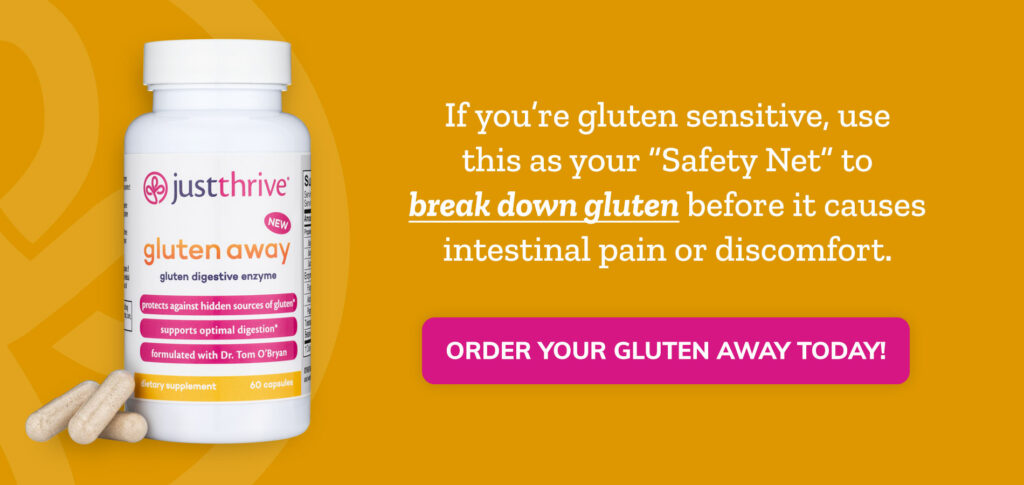When it comes to food and nutrition, we’re all pretty clear on what’s good for us and what’s bad for us. That genetically-modified burger you picked up at the drive-through on the way home: bad. The green smoothie from the health food store: good… Or is it?
Unfortunately, things are not as clear-cut as we’d like to think. In fact, some everyday foods could be as disease-inducing for us as the fast food we’re trying to avoid.
“Eighty-six million pre-diabetic people, 29,000,000 diabetic people. The cost of that is incredible not just emotionally and physically but financially. It is because of these foods that are sneaking in,” says JJ Virgin, certified nutrition and fitness specialist and author of The New York Times best sellers The Virgin Diet and Sugar Impact Diet. “The worst of all I think are these ones that are being touted as healthy foods, the whole wheat bagel, the skim milk, the low-fat yogurt with fruit on the bottom, the green drink that says ‘no sugar added.’ It has 56 grams of sugar, more than a Coke of the same size.”
Some of the worst offenders are gluten, dairy and sugar because of their highly addictive nature and their negative effects on the body, including weight gain, disease and general toxicity.
“They’re drugs,” she says. “They have opiate-like effects on the brain.”
Since these kinds of toxic ingredients are so insidious, yet hidden, Virgin has created her books and programs to help people figure out how to swap out the high-sugar, non-nutritious foods, for the healthy, whole food options easily and cost-effectively – which isn’t as hard as it sounds. Her biggest bit of advice? Avoid food with long ingredient panels.
“Eighty percent of the food at the grocery store has added sugars,” she says. “That’s before we get into the natural sugars and the carbs, because all carbs except fiber turn to sugar. But if you go and you buy, say, I don’t know, some strawberries or some lentils or some wild salmon, it does not have to have an ingredient panel listing the propylene glycol. So an easy way to avoid these things and not spend hours at the grocery store is just not to buy those things. If you even look at wild rice, [it] should just say, ‘Wild rice.’ Quinoa should just say ‘Quinoa.’”


